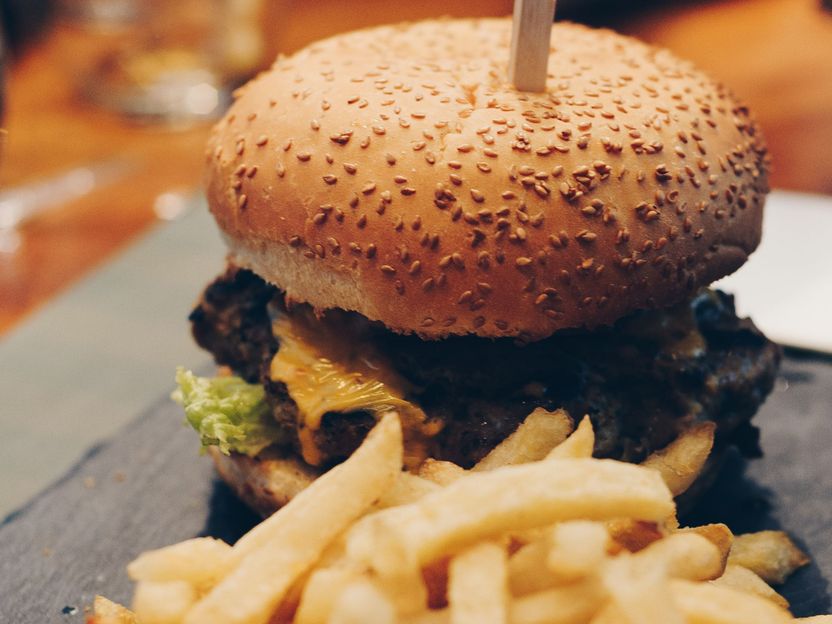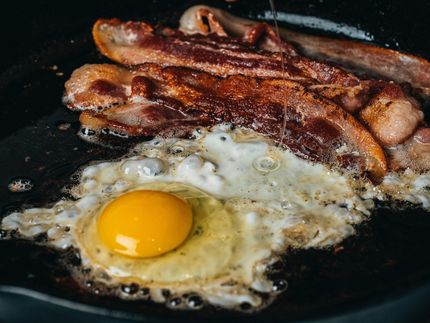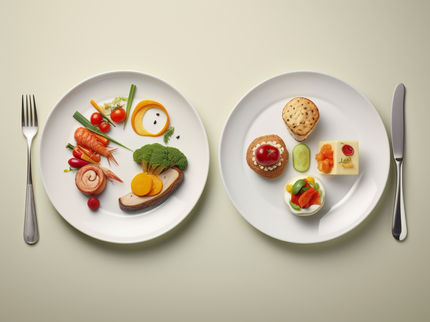Why is junk food more attractive when on diet?
New insights into why we crave fatty foods when dieting
Have you ever wondered why we crave the very foods that we try to avoid when dieting? Or wish there was a way to turn off the craving?

Photo by Angelo Pantazis on Unsplash
Researchers from The University of Texas Medical Branch at Galveston have identified new brain circuits that may act as a brake on binge eating and junk food craving. In rats who had spent a month eating a low-fat diet, researchers successfully inhibited the fatty food seeking behaviors.
"Craving for foods high in fat - this includes many junk foods - is an important part of obesity and binge eating," said Jonathan Hommel, assistant professor in the department of pharmacology and toxicology.
"When trying to lose weight people often strive to avoid fatty foods, which ironically increases motivation and craving for these foods and can lead to overeating. Even worse, the longer someone abstains from fatty foods, the greater the cravings."
Several behavioral studies have demonstrated that denying certain foods, like being on a diet, causes increased craving and motivation for that food. However, the brain mechanisms that lead to this type of overeating are not known. To this end, the UTMB researchers sought to learn how the brain drives this potentially harmful behavior.
Using rats that had been placed on a 30-day low-fat diet, the UTMB team trained them to work for fatty treats by pressing a lever. To measure craving and motivation, the researchers kept increasing how many times the rats needed to press the lever in order to receive the treat until the rat gave up trying.
Next, half of the rats underwent a surgical procedure that blocked the effects of a brain chemical called neuromedin U receptor 2 within a region of the brain that regulates food intake. The other half of the rats did not receive this treatment.
After surgical recovery, the researchers found that the rats who had been treated did not work nearly as hard for fatty treats as their unaltered counterparts did.
"While our findings are only the first step in a long process from the scientific lab to the doctor's office, we are planning to develop new drugs to help curb those cravings," said Hommel. "Although it may be years before the drug is ready, our research highlights some important features of food craving that may help you set realistic New Year's resolutions."
Most read news
Other news from the department science

Get the food & beverage industry in your inbox
By submitting this form you agree that LUMITOS AG will send you the newsletter(s) selected above by email. Your data will not be passed on to third parties. Your data will be stored and processed in accordance with our data protection regulations. LUMITOS may contact you by email for the purpose of advertising or market and opinion surveys. You can revoke your consent at any time without giving reasons to LUMITOS AG, Ernst-Augustin-Str. 2, 12489 Berlin, Germany or by e-mail at revoke@lumitos.com with effect for the future. In addition, each email contains a link to unsubscribe from the corresponding newsletter.




























































